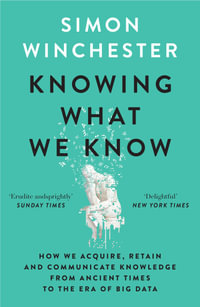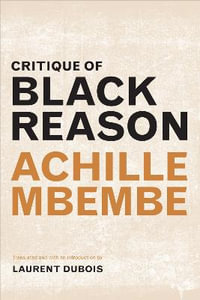
Why Machines Will Never Rule the World
Artificial Intelligence without Fear
By: Jobst Landgrebe, Barry Smith
Hardcover | 12 August 2022
At a Glance
Hardcover
$349.98
Aims to ship in 7 to 10 business days
ISBN: 9781032315164
ISBN-10: 1032315164
Published: 12th August 2022
Format: Hardcover
Language: English
Number of Pages: 342
Audience: Professional and Scholarly
Publisher: ROUTLEDGE
Country of Publication: GB
Dimensions (cm): 22.86 x 15.24 x 2.06
Weight (kg): 0.64
Shipping
| Standard Shipping | Express Shipping | |
|---|---|---|
| Metro postcodes: | $9.99 | $14.95 |
| Regional postcodes: | $9.99 | $14.95 |
| Rural postcodes: | $9.99 | $14.95 |
How to return your order
At Booktopia, we offer hassle-free returns in accordance with our returns policy. If you wish to return an item, please get in touch with Booktopia Customer Care.
Additional postage charges may be applicable.
Defective items
If there is a problem with any of the items received for your order then the Booktopia Customer Care team is ready to assist you.
For more info please visit our Help Centre.
You Can Find This Book In
This product is categorised by
- Non-FictionPhilosophyEthics & Moral Philosophy
- Non-FictionLanguage & LinguisticsLinguisticsComputational Linguistics
- Non-FictionPsychologyPsychological Theory, Systems, Schools of Thought & Viewpoints
- Non-FictionComputing & I.T.Computer ScienceArtificial Intelligence
- Non-FictionScienceScience in GeneralPhilosophy of Science























